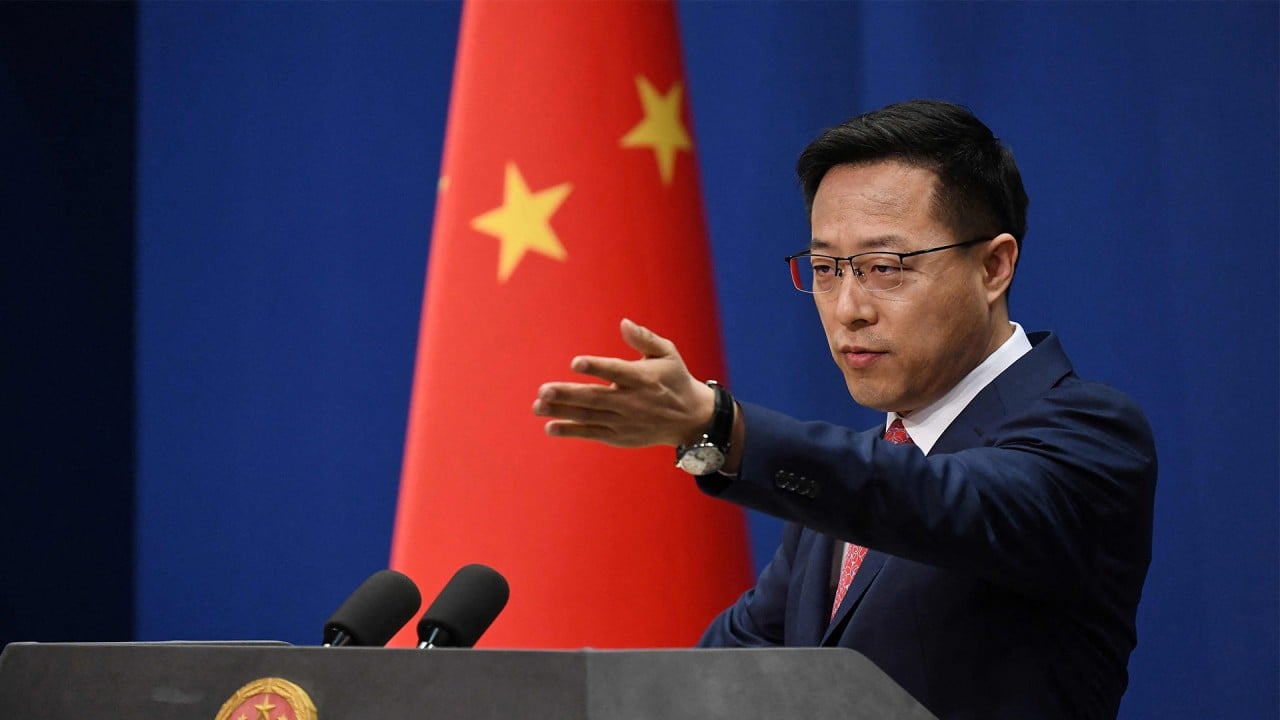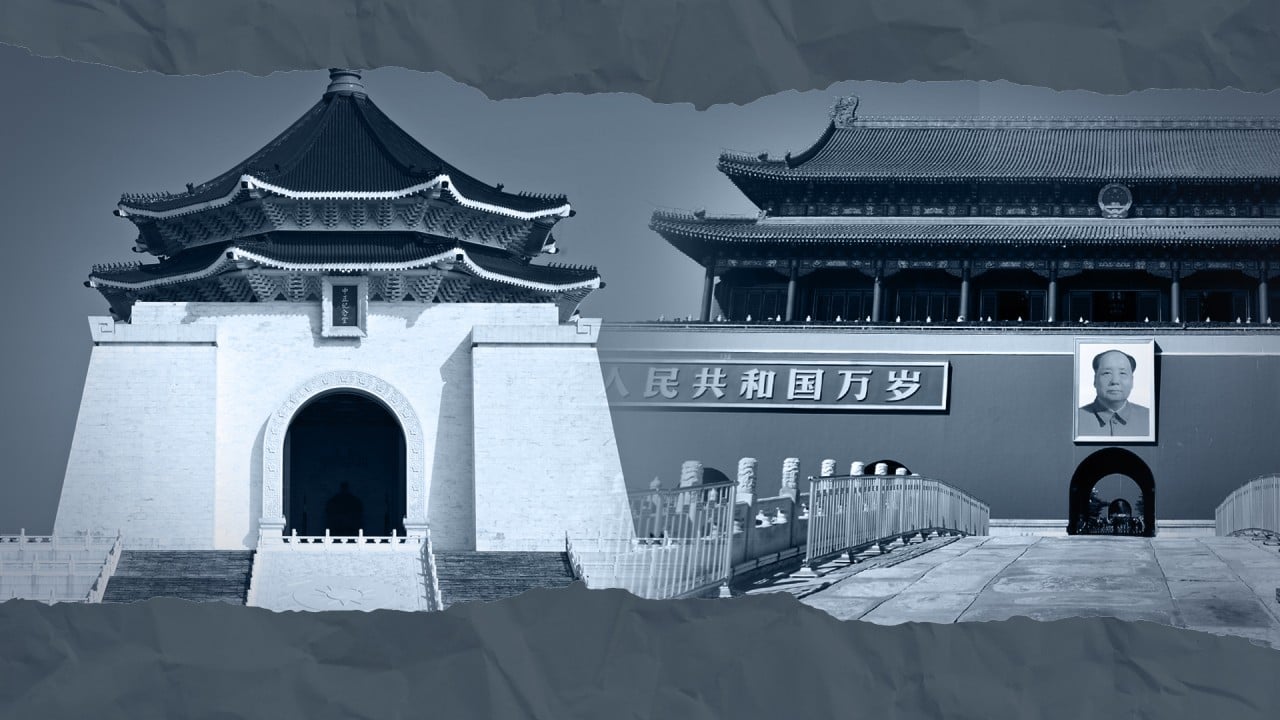
Time for the US to rethink its defence stand on Taiwan, former US Pacific Command chief says
- United States should be clearer on its responsibilities to the island as Beijing seeks to dominate it, Harry Harris says
- Strategic ambiguity should not be maintained just because it has been the policy since the 1970s, he says
Harris, the US ambassador to South Korea until January, said mainland China was on a quest to “first isolate and then dominate Taiwan”.
But Harris said: “We should reconsider this, our long-standing policy of strategic ambiguity.”
“If, at the end of that ... reassessment, we keep the same policy, that’s fine. But we shouldn’t keep it simply because we’ve done it that way since the late 1970s.”

00:40
China calls Japan ‘irresponsible’ over Tokyo’s ‘sense of crisis’ for Taiwan Strait tensions
The strategic ambiguity policy was adopted after US-Taiwan relations became “unofficial” in 1979, with Washington switching its diplomatic recognition from Taipei to Beijing.
The policy is intended not only to deter Beijing from using force against Taiwan but also to deter Taiwan from seeking independence, as neither Beijing nor Taipei can feel certain about US intervention to defend Taiwan should a conflict arise.
Harris said the United States should be “clearer in what our responsibilities are” under the Taiwan Relations Act, a piece of US legislation that governs the unofficial ties with Taiwan, noting that Washington had “not been consistent” especially over its arms sales to Taiwan.
“If you’re not consistent in what you sell Taiwan or any other country, then how can they be – how can they adequately plan for their military readiness, in the long run?” he said.
Taiwan reveals high cost of PLA aggressive sorties with air force budget boost proposal
Harris also said warnings issued by top US admirals in recent months portraying the threat of a mainland invasion of Taiwan as imminent should be taken “seriously” and that the United States should “prepare accordingly”.
Philip Davidson, Harris’ successor at what is now the Indo-Pacific Command, said in March that China could try to invade Taiwan “in the next six years”.
Admiral John Aquilino, the present commander, also warned that “this problem is much closer to us than most think” without specifying by when he expected the People’s Liberation Army to become capable of invading the island.

10:22
Why has the relationship between the Chinese mainland and Taiwan taken a turn for the worse?
Taiwan and mainland China have been separately governed since they split as a result of a civil war in 1949. Beijing, which regards Taiwan as a renegade province, has since endeavoured to bring the island into its fold.
Harris, meanwhile, was sceptical about any breakthrough soon amid the intensifying US-China competition, saying Washington and Beijing “fundamentally disagree on how to approach the current international order”.
“We believe that the Chinese government ... doesn’t keep its word,” he said.

